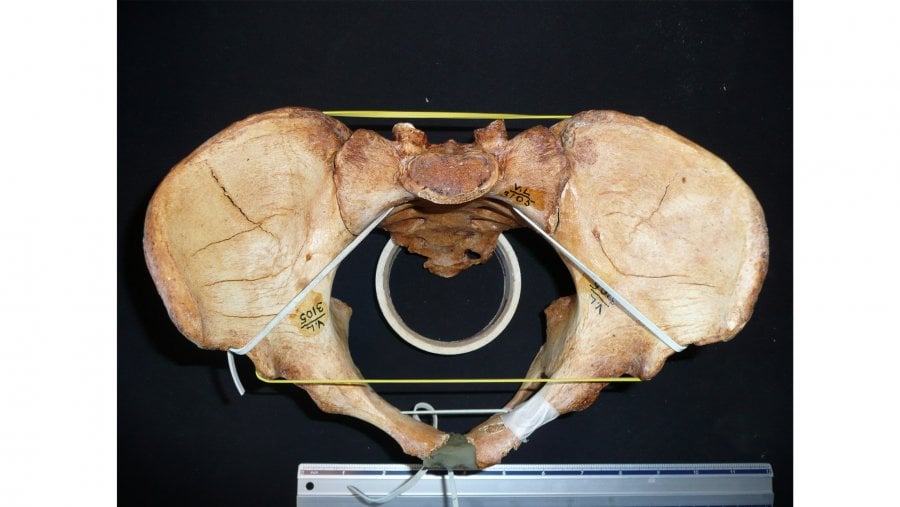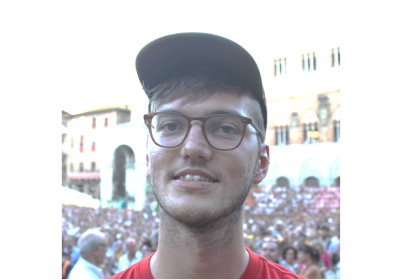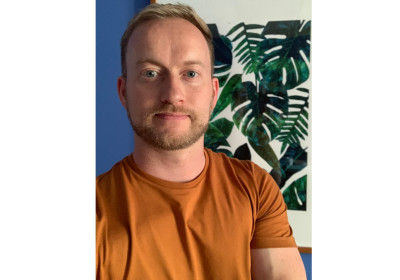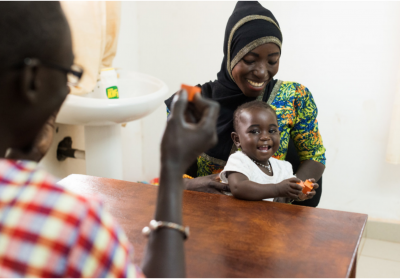Women's birth canal variation and implications for human evolution and obstetrics

The humans birth canal is just large enough for the passage of the neonate, making parturition in our species a difficult and often dangerous process. This tight fit has long been interpreted as the result of contrasting selective pressures from bipedal locomotion and childbirth, leading to a highly contrained canal passage. Dr Lia Betti's recent research, however, showed that there are significant differences in birth canal shape among human populations. These differences correlate well with genetic distances, suggesting that they have been shaped by ancient waves of dispersal around the world. Climatic adaptation might also have favoured a wider pelvis in high-latitude populations. This significant variation in canal shape among women from different regions of the world has important implications for modern obstetric practice in multi-ethnic societies.
Lia’s main research interest concerns the origin of modern human variation: how it relates to past population history - from the origin of our species to more recent migrations of people - and to selective pressures due to the colonisation of different environments. Betti applies a population genetic approach to the study of skeletal morphology, looking at the shape of the cranium and the postcranium in different human populations to gain a better understanding of the processes that generated modern geographic variability. Ongoing projects are exploring in more details the effect of neutral and selective processes on other areas of the skeleton, including hands and feet.
At the same time, Betti is expanding her research on the pelvis by focusing on the variation of the female birth canal. She is also involved in a large ERC project run by Dr Jay Stock at the University of Cambridge, which is looking at the global pattern of hunter-gatherer skeletal variation in a more integrated way, evaluating the relative importance of neutral genetic differences and climatic variation in shaping the skeleton.
Dr Lia Betti is a Senior Lecturer at the Department of Life Sciences, University of Roehampton.
Please note that this session will NOT be livestreamed/recorded.
Admission
Contact



